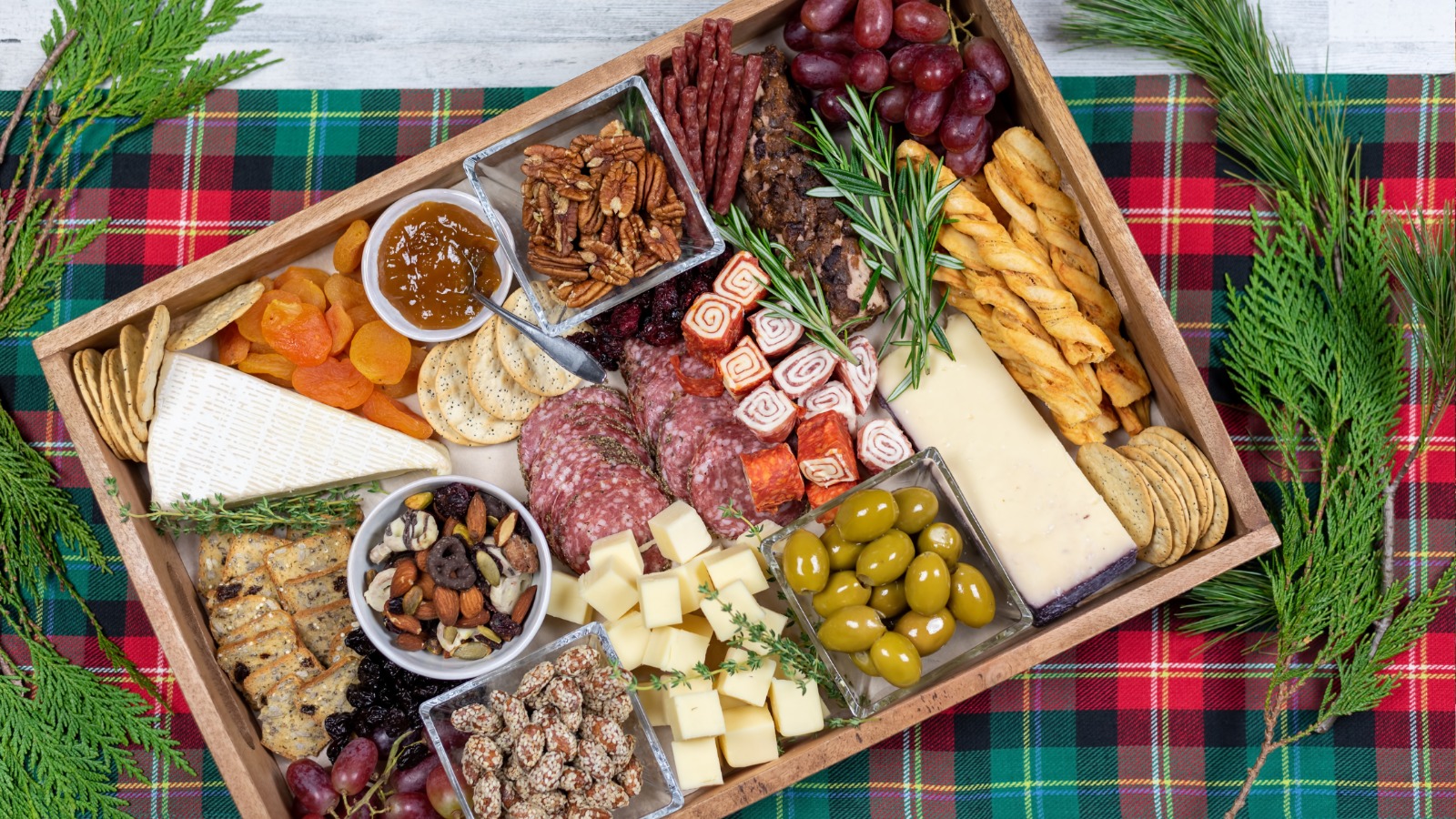The holiday season is a time of joy, celebration, and, for many, indulging in delicious feasts. As we gear up for Christmas and other festivities, one essential element that often takes the center stage is meat. From the succulent turkey to the flavorful roasts, meat is a staple of holiday meals. However, amidst the excitement of the season, it’s crucial to consider the environmental impact of meat transportation and explore sustainable solutions. In this blog, we’ll delve into the challenges of meat transportation during the holidays, the financial losses associated with traditional methods, and how innovative technology, like Tessol’s PlugnChill, is revolutionizing the game while making the holidays greener.
The Holiday Meat Rush: It’s no secret that meat consumption soars during the holiday season. Families and friends gather around tables laden with savory dishes, and the demand for fresh and high-quality meat surges. This heightened demand results in the need for efficient and reliable meat transportation.
Challenges of Traditional Meat Transportation: Traditionally, meat transportation has often relied on diesel-powered vehicles and conventional cooling methods. While these methods serve the purpose, they come with several challenges:
Financial Losses: Inefficient cooling and temperature control can lead to significant food losses. Meat that spoils during transportation results in financial losses for both producers and consumers.
Carbon Emissions: Diesel-powered trucks and trailers release a substantial amount of carbon emissions. Each liter of diesel burned releases 2.6 kg of CO2, contributing to environmental pollution.
Food Quality: Inadequate cooling methods can compromise the quality of the meat, resulting in lower-quality products reaching the consumers’ tables.
Sustainability in Meat Transportation: Recognizing the need for more sustainable meat transportation, innovative solutions like Tessol’s PlugnChill have emerged. PlugnChill is a plug-and-play technology that runs on proprietary thermal batteries and chargers. Unlike traditional methods, it is vehicle-independent and does not rely on fuel. The batteries can be charged from a regular power point in just 5-6 hours and maintain desired temperatures for 10-12 hours.
PlugnChill utilizes advanced phase change materials, heat exchangers, and chargers with advanced controls to provide a reliable and eco-friendly solution for meat transportation. Let’s explore the benefits of this technology in more detail:
Eco-Friendly: PlugnChill reduces carbon emissions, making it an eco-friendly option for meat transportation. By minimizing the carbon footprint, it aligns with sustainability goals.
Energy-Efficient: The technology is designed to minimize energy consumption, resulting in cost savings for businesses and a reduced environmental impact.
Quick Charging: PlugnChill’s thermal batteries can be charged in just 5-6 hours, ensuring a swift turnaround for transportation needs.
Long-Lasting: The thermal batteries maintain desired temperatures for 10-12 hours, ensuring that meat products remain fresh throughout their journey.
Advanced Controls: The use of advanced materials and heat exchangers enables precise temperature management, enhancing food safety and quality.
Choosing Sustainability this Holiday Season
As we approach the holiday season, we have the opportunity to make responsible choices that contribute to a greener planet. By opting for sustainable meat transportation solutions like Tessol’s PlugnChill, we can ensure that our holiday feasts are not only delicious but also environmentally responsible.
This holiday season, let’s celebrate with a commitment to sustainability, ensuring that our festive meals are not at the expense of our planet. PlugnChill offers a win-win solution, where both meat producers and consumers can enjoy the benefits of high-quality meat while minimizing their environmental impact. It’s time to make the holidays greener, one meal at a time.


